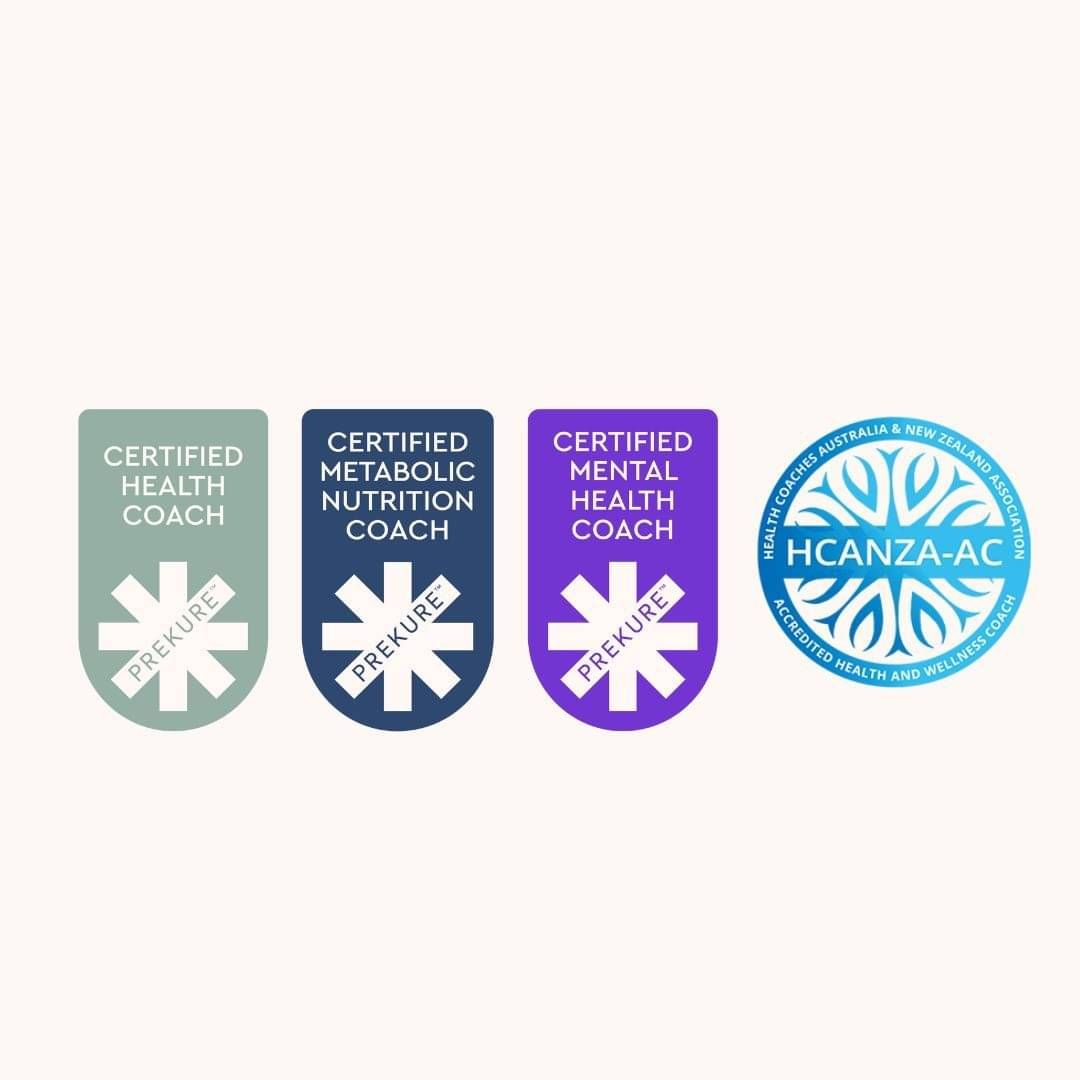Building Healthy Relationships for Holistic Well-Being
In my work as a health coach, I’ve seen firsthand how important healthy relationships are—not just for mental health but for overall well-being. When relationships are healthy, they provide us with the emotional strength, support, and resilience we need to thrive. But when relationships become toxic or one-sided, they can drain our energy, increase stress, and leave us feeling heavy and unbalanced. Just as we work on our physical health, it’s essential to put effort into building and maintaining strong, supportive relationships that contribute positively to our lives.
Here’s how you can nurture healthy relationships and identify areas for growth within your connections:
1. Embrace Open and Honest Communication
Healthy relationships are rooted in honest, open communication. Whether you’re sharing a vulnerable thought with a close friend or having a hard conversation with a partner, open dialogue is key to feeling heard and respected. Practicing active listening—focusing on truly understanding what the other person is saying, rather than planning your response—builds trust and respect. This kind of communication allows both people to express their needs and prevents misunderstandings, which can be incredibly draining.
In coaching, I see how essential it is for my clients to have relationships where they feel free to be themselves. When we feel heard and understood, we’re more likely to open up, feel connected, and approach life’s challenges with greater resilience.
2. Set Boundaries and Respect Them
Setting and respecting boundaries is crucial for maintaining balance in relationships. Without boundaries, relationships can become overwhelming or even detrimental to mental health. Personal boundaries—whether they’re about time, emotional energy, or physical space—define what feels comfortable and safe for each individual. When boundaries are established and respected, it fosters mutual respect and prevents one person from feeling overextended.
I often remind clients that it’s okay to set boundaries to protect their energy, especially if they feel drained by certain interactions. Healthy relationships understand and respect each other’s needs for space and individuality, which is a big part of what I encourage in my coaching practice.
3. Practice Empathy and Compassion
Empathy and compassion are cornerstones of healthy relationships. When we make an effort to understand how someone else feels, it builds a bridge of trust and connection. Empathy doesn’t mean agreeing with everything the other person says; it’s about taking the time to understand their perspective.
In relationships, I encourage my clients to approach interactions with empathy, especially when misunderstandings or conflicts arise. Compassionate actions—checking in, offering support, or simply listening—go a long way toward strengthening connections and making both people feel valued.
4. Cultivate Trust and Dependability
Trust is a foundation that takes time to build and consistency to maintain. In a healthy relationship, trust isn’t just about honesty but also about being dependable and showing up for each other in both good and challenging times. Trust fosters a sense of security, allowing both people to rely on each other without fear of judgment or manipulation.
In my health coaching practice, I’ve seen how relationships with trust at their core can act as a buffer against stress. When clients have people they can lean on without hesitation, it positively impacts their mental and emotional health, creating a supportive environment for them to thrive.
5. Celebrate Differences and Embrace Diversity
Healthy relationships celebrate individuality rather than expecting each person to change who they are. Embracing differences, whether they’re in opinions, hobbies, or cultural backgrounds, adds richness and perspective to relationships. By respecting diversity, we also foster our own personal growth and resilience.
I always encourage clients to seek out relationships that honor who they are, as these relationships can reinforce a sense of identity and support self-growth. At the same time, finding common ground on shared values and goals helps strengthen the bond between people.
6. Resolve Conflicts Respectfully
Conflict is a natural part of any relationship, but it’s how conflicts are handled that can make or break a relationship. Healthy relationships address conflicts with a focus on understanding and problem-solving rather than blame. Using “I” statements (like “I feel…” instead of “You always…”) helps keep conversations productive and respectful.
I often guide clients on managing conflict with respect and calm, as unresolved conflicts can weigh heavily on mental health. In some cases, professional guidance can be incredibly helpful in navigating more difficult relationship challenges, especially if both people are committed to building a healthier bond.
7. Invest Time and Effort
Healthy relationships don’t just happen; they require effort and intentionality. Setting aside regular time to connect—whether through a weekly coffee date, a video call, or even a simple text—helps maintain and deepen bonds. While grand gestures are lovely, it’s often the small, everyday acts of kindness and attention that build long-lasting relationships.
I encourage clients to invest in relationships that matter to them, recognizing that quality time with loved ones is as important for mental and emotional health as any other self-care practice.
Why Healthy Relationships Matter for Holistic Health
Our relationships are integral to our well-being. Just as healthy relationships can uplift and empower us, unhealthy ones can drain us, contributing to stress, anxiety, and even physical symptoms. As a health coach, I work with clients to evaluate the energy they invest in their relationships, helping them to prioritize those that nurture rather than deplete them.
Building healthy relationships takes time, intention, and patience. By focusing on open communication, empathy, trust, and mutual respect, we can cultivate connections that enhance our overall health, boost our resilience, and contribute to a balanced and fulfilling life.


